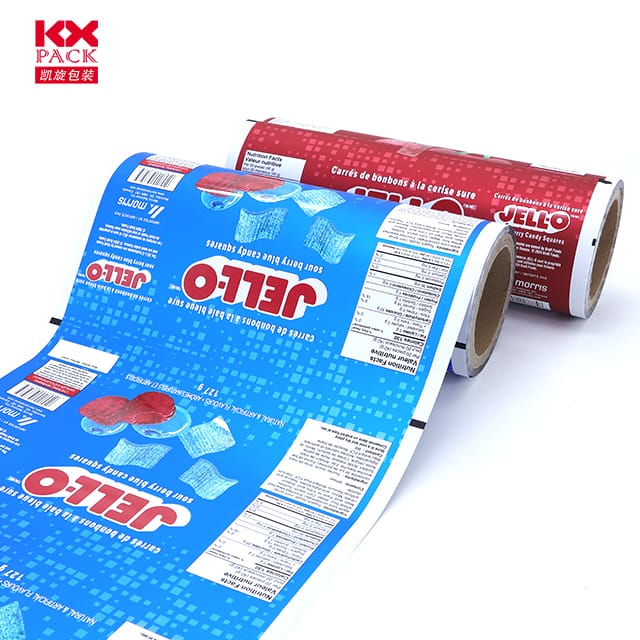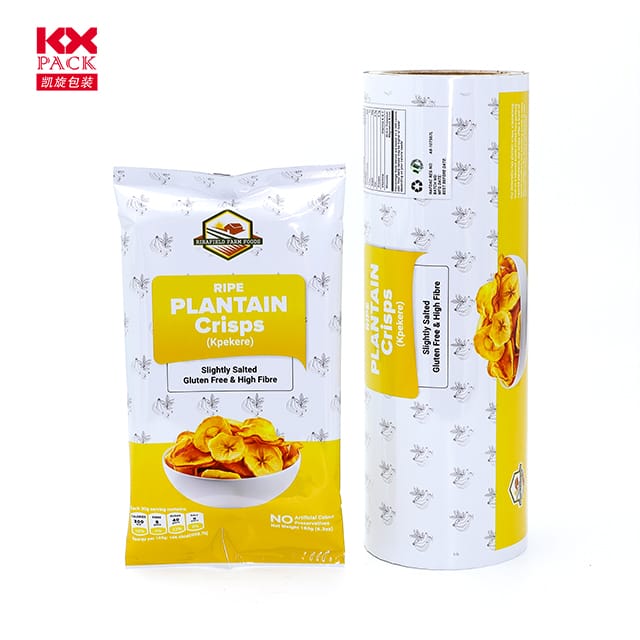دور مصنعي الأفلام البلاستيكية في تشكيل عالمنا الحديث
فيلم بلاستيكي
In an era where sustainability and environmental consciousness are at the forefront of global discourse, قد يثير ذكر الفيلم البلاستيكي في البداية مشاعر مختلطة. لكن, على الرغم من المخاوف السائدة المحيطة بالنفايات البلاستيكية والتلوث, يلعب مصنعو الأفلام البلاستيكية دورًا حاسمًا في العديد من الصناعات, المساهمة في الكفاءة, أمان, and convenience of modern life. This blog post aims to explore the multifaceted role of plastic film manufacturers and highlight their contributions, while also touching upon the importance of responsible production and recycling practices.
The Versatility of Plastic Film
Plastc film, often referred to as plastic sheeting, رقيقة, flexible material made from various types of plastics such as polyethylene (PE), البولي بروبيلين (ص), البوليستر (حيوان أليف), وكلوريد البوليفينيل (بولي كلوريد الفينيل). Its versatility makes it indispensable across diverse sectors, ranging from packaging, زراعة, بناء, to electronics and healthcare.
In the packaging industry, plastic film is used to create everything from food wraps and bags to shipping and protective packaging. Its barrier properties help extend the shelf life of perishable goods, تقليل نفايات الطعام. In agriculture, plastic films are used as mulching materials to control weeds, conserve moisture, and regulate temperature, thereby enhancing crop yields and sustainability.
In the construction sector, plastic films serve as waterproofing barriers, الطبقات السفلية, and protective coverings during building projects. They are also essential in the electronics industry for shielding components from moisture, تراب, and static electricity. The medical field relies on plastic films for sterile packaging, surgical drapes, and wound care products, ensuring patient safety and hygiene.
The Importance of Responsible Manufacturing
Given the widespread use of plasic film, it’s imperative for manufacturers to adopt responsible production practices. This includes minimizing waste, using recycled materials, and ensuring that their products are designed for recyclability or compostability. Many plastic film manufacturers are now investing in advanced recycling technologies and circular economy models to address the environmental challenges associated with plastic waste.
على سبيل المثال, some companies are developing biodegradable or compostable plastic films made from plant-based materials like PLA (حمض بولييلاكتيك) or PHA (polyhydroxyalkanoates). These alternatives offer similar performance properties to traditional plastics but break down more easily in natural environments, reducing the risk of long-term pollution.
علاوة على ذلك, manufacturers are increasingly adopting lifecycle assessment (LCA) methods to evaluate the environmental impact of their products from raw material extraction to disposal. This holistic approach helps identify areas for improvement and drive innovation towards more sustainable solutions.
The Role of Consumers and Recycling
While advancements in manufacturing practices are crucial, consumers also play a significant role in promoting sustainability. Proper disposal and recycling of plastic films can significantly reduce the amount of plastic waste ending up in landfills and oceans.
Many local authorities now offer recycling programs specifically for platic films, including those used in packaging and agriculture. Consumers can contribute by rinsing and drying these materials before placing them in designated recycling bins. بالإضافة إلى ذلك, supporting brands and products that prioritize sustainability and use recycled materials sends a strong market signal, encouraging manufacturers to continue investing in eco-friendly options.
استنتاج
Platic film manufacturers are integral to the functioning of numerous industries, providing solutions that enhance efficiency, أمان, والراحة. لكن, the environmental footprint of plastic production and disposal cannot be ignored. By embracing responsible manufacturing practices, investing in recycling technologies, and fostering consumer awareness, the plastic film industry can continue to contribute positively to society while minimizing its ecological impact. بينما نتحرك نحو مستقبل أكثر استدامة, collaboration between manufacturers, consumers, and policymakers will be key to ensuring that plastic films remain a valuable resource without compromising the health of our planet.







